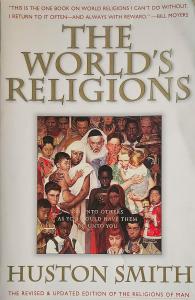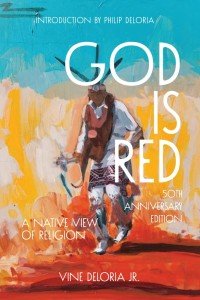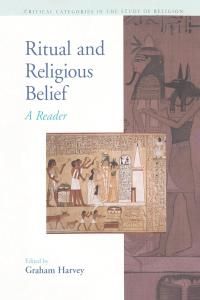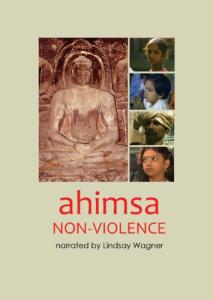Exploring the Diverse Tapestry of Faith:
A Comprehensive Review of Our Religions by Arvind Sharma
Religion has been a defining aspect of human civilization for centuries, shaping cultures, beliefs, and societies. With over 4,300 religions practiced worldwide, it can be overwhelming to understand the complexities and differences between each one. Arvind Sharma brings together preeminent scholars from seven world religions to provide a comprehensive and insightful introduction to these diverse faiths in his book Our Religions.
Our Religions is a compilation of essays written by experts in their respective fields, providing an in-depth exploration of the seven major world religions: Hinduism, Buddhism, Jainism, Judaism, Christianity, Islam, and Sikhism. Each chapter delves into the history, beliefs, practices, and contemporary issues of the religion, providing a comprehensive understanding of its evolution and impact on society.
What makes Our Religions stand out is the diversity of perspectives it offers. The book presents a balanced and authentic representation of each religion by featuring renowned scholars from each tradition. This approach allows readers to gain a deeper understanding of the religions beyond their basic tenets and appreciate their complexities and nuances.
The book also addresses contemporary issues and challenges each religion faces, providing a thought-provoking and timely analysis. It encourages readers to reflect on the current state of religion and its role in the modern world, making it a relevant read for people of all faiths.
One of the greatest strengths of Our Religions is the caliber of scholars who have contributed to the book. Each author brings expertise and a unique perspective, making the book a valuable resource for students, academics, and anyone interested in interfaith dialogue.
For instance, the chapter on Hinduism was written by Wendy Doniger, a renowned indologist and professor of history of religions at the University of Chicago. Her essay provides a comprehensive overview of the religion, examining its diverse practices and beliefs. Similarly, the chapter on Buddhism is written by Rita M. Gross, a leading feminist theologian and Buddhist scholar. Her essay explores the role of women in Buddhism and challenges traditional patriarchal interpretations.
In conclusion, Our Religions is a well-researched and thought-provoking book that comprehensively understands the world's major religions. By bringing together preeminent scholars from each tradition, the book presents a diverse and authentic perspective, making it a valuable resource for anyone interested in learning about different faiths. It is for students, academics, and individuals looking to gain a deeper understanding of the complexities and nuances of religion.






